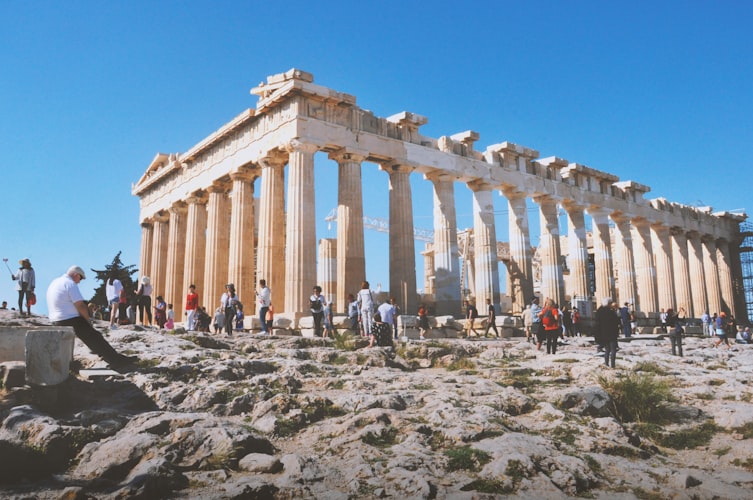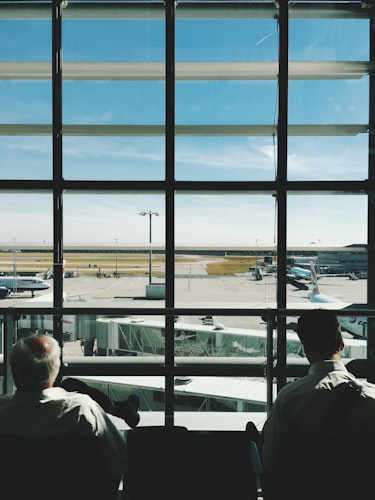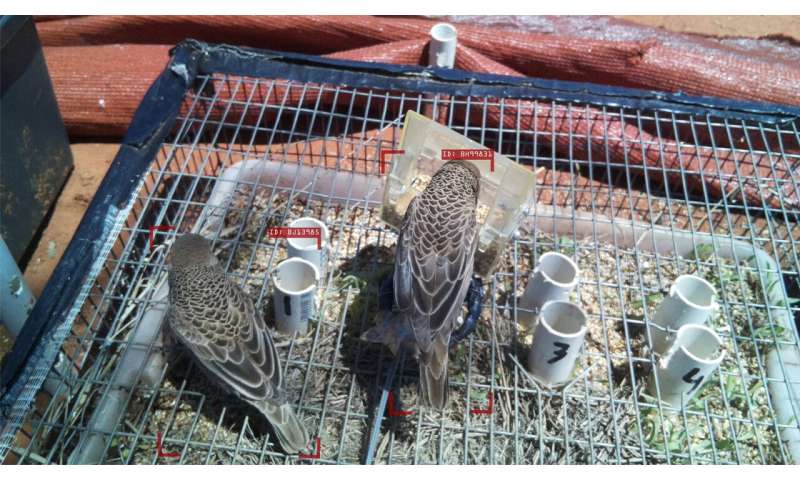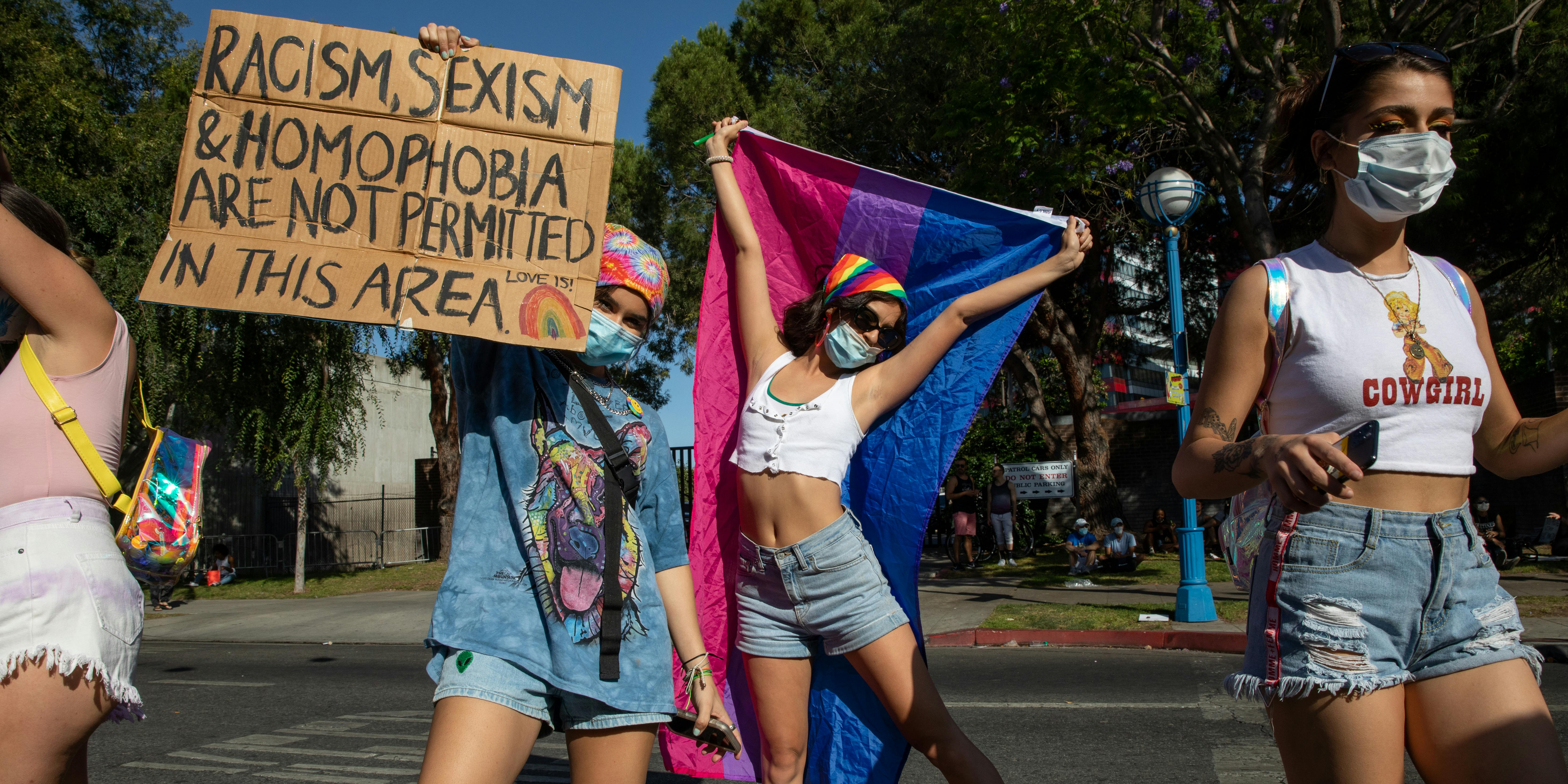Water irrigation in Nepal, India’s bicycle boom, Vietnamese wildlife trade ban | Posted on July 27, 2020 |
Photo: Sergey Pesterev / Unsplash (CCO)
In today’s edition of Squirrel News, a water irrigation reservoir is underway in Nepal, whereas India swaps cars for bicycles in the face of the pandemic, and Vietnam outlaws wildlife trading.
A fog harvesting reservoir in Nepal
Upon completion, about 3,000 to 5,000 litres of filtered water could be extracted daily.
Source: Inhabitat
Two wheels good: India falls back in love with bikes after Covid-19
A bicycle boom has seen Indians swapping cars – the ultimate status symbol – for a more humble mode of transport.
Source: The Guardian
Vietnam bans wildlife trade
Effective immediately, the trade of wildlife, which is strongly correlated with pandemics (past and present) has been banned in Vietnam.
Source: Planetary Press
Disposing paper receipts right
More than 90% of modern receipts are made of thermal paper, which is hard to recycle. Opting for digital receipts or BPA ad BPS-free thermal paper should help.
Source: Tree Hugger
Rebuilding the Parthenon
Having been tampered with by both man and nature, the Parthenon is under rework to fix previous man made damage from the early 19th century.
Source: Al Jazeera
Corona hygiene robots
Heathrow Airport has introduced disinfection robots previously used in hospitals in attempt to maintain cleanliness.
Source: BBC
AI assisted birdwatching
Researchers have built bird monitoring AI which is purposeful in long term observations of populations and protecting endangered species.
Source: Phys Org
Building forest corridors to save the Brazilian black lion tamarin
The project led by Gabriela Rezende, also encompasses environmental education, professional training and generating income for locals.
Source: Mongabay
Nature thrives in abandoned British island
With little to no visitors, the island of South Georgia boasts a diverse range of wildlife including 7 million penguins.
Source: BBC
Militant optimism: navigating hard times
In dealing with the global pandemic, many have turned to militant optimism which proposes that history can be addressed, contested and remade.
Source: The Conversation
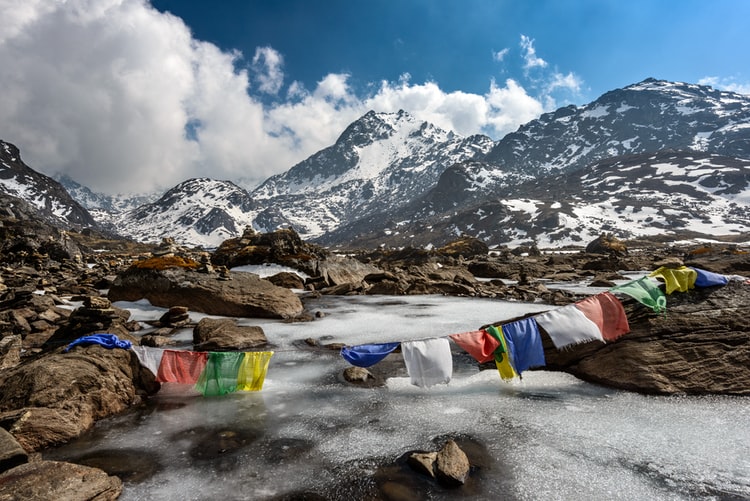
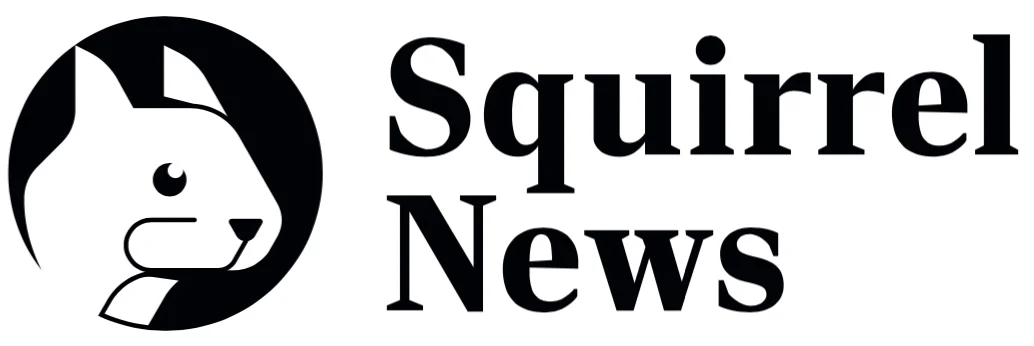

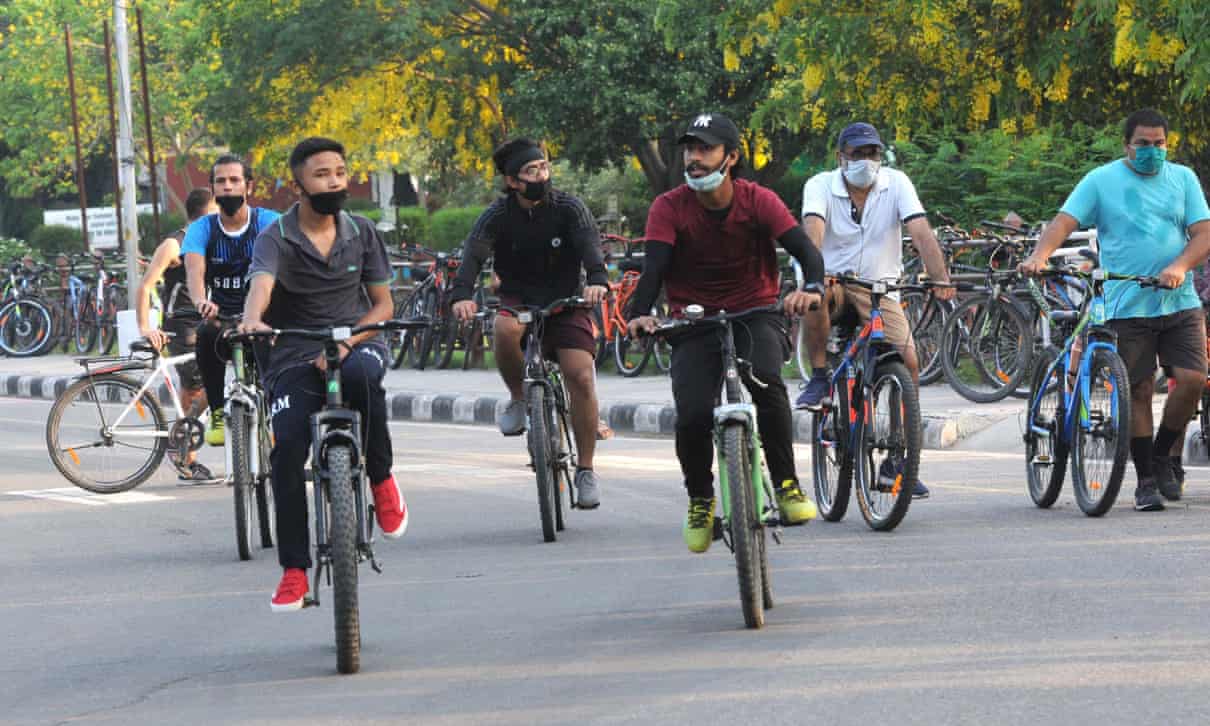

:max_bytes(150000):strip_icc():format(webp)/checkingareceipt-153d49663eeb4e7b8bbbeac8048842eb.jpg)
